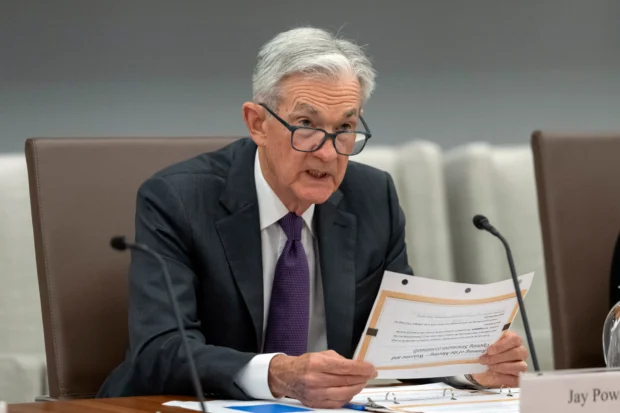
A federal jury delivered a split verdict in the trial of Sean “Diddy” Combs, finding him guilty of transporting individuals for prostitution while acquitting him on more serious sex trafficking and racketeering charges.
After more than seven weeks of testimony about drug-fueled celebrity parties, the jury ruled that prosecutors failed to prove beyond reasonable doubt that Combs used “force, fraud, or coercion” to compel former girlfriends into commercial sex acts during events known as “freak-offs.”
The case centered on testimony from two women: singer Casandra “Cassie” Ventura Fine and a woman identified as “Jane,” both former girlfriends of Combs. Prosecutors argued Combs used financial influence, violence and blackmail threats to coerce the women into performing sex acts at his parties.
Key evidence included March 2016 surveillance video showing Combs beating Ventura in a hotel hallway and dragging her away. Ventura testified she felt “trapped” in an abuse cycle involving regular threats and violence, including Combs “stomping” her face in 2009.
The defense admitted Combs was abusive toward Ventura but maintained no evidence showed he coerced her into sexual acts against her will. Defense lawyer Teny Geragos stated, “Domestic violence is not sex trafficking.”
Former federal prosecutor Neama Rahmani suggested the defense successfully questioned why Ventura remained in the relationship for over a decade. “I understand the psychology of abuse, but jurors don’t necessarily buy it,” Rahmani said, assessing that prosecutors “botched” the sex-trafficking portion.
The defense highlighted messages from Ventura showing affection for Combs and apparent willing participation in sexual situations, which weren’t revealed until cross-examination.
Domestic abuse expert Emma Katz views the verdict as revealing gaps in public understanding of sexual violence. “The jury seems to have concluded you can be a victim whose boss beats you and controls your life, but that you’re not being coerced by him,” she told Al Jazeera.
According to experts, affectionate messages are common in abusive relationships, where abusers expect a “performance of happiness” to avoid repercussions. “It would never surprise me to see a victim sending loving texts to somebody who they said was abusing them, because that’s all part of domestic abuse,” Katz said.
The verdict highlights ongoing challenges for the #MeToo movement, which emerged in the early 2010s. While workplace harassment has become more widely understood, intimate partner violence remains complex for the public to grasp.
Intimate partner abuse raises victim-blaming questions about why someone stayed with an abuser. “There’s still a lot of stigma around when you chose this person,” Katz explained. “It can’t have been that bad if you stayed in the relationship.”
Domestic violence experts note complicating factors including psychological consequences, power dynamics, children, housing, financial circumstances, and fears of escalated violence or retaliation against loved ones.
Ventura’s lawyer Douglas Wigdor expressed satisfaction with the verdict, stating his team was “pleased” and that her testimony helped ensure Combs was “finally held responsible for two federal crimes.” The prostitution transportation charges carry maximum sentences of 10 years each.
Several advocacy groups praised survivors for coming forward. Lift Our Voices wrote the verdict “shows that even when power tries to silence truth, survivors push it into the light,” adding that “#MeToo hasn’t waned, it’s grown stronger.”
National Women’s Law Center head Fatima Goss Graves emphasized that the testimonies were accomplishments themselves. “Coming forward and seeking accountability took extraordinary bravery and no jury can take that away,” she said.
However, others viewed the split verdict negatively. UltraViolet’s interim executive director Arisha Hatch called it “not just a stain on a criminal justice system that for decades has failed to hold accountable abusers like Diddy,” but also “an indictment of a culture in which not believing women and victims of sexual assault remains endemic.”












Be the first to leave a comment